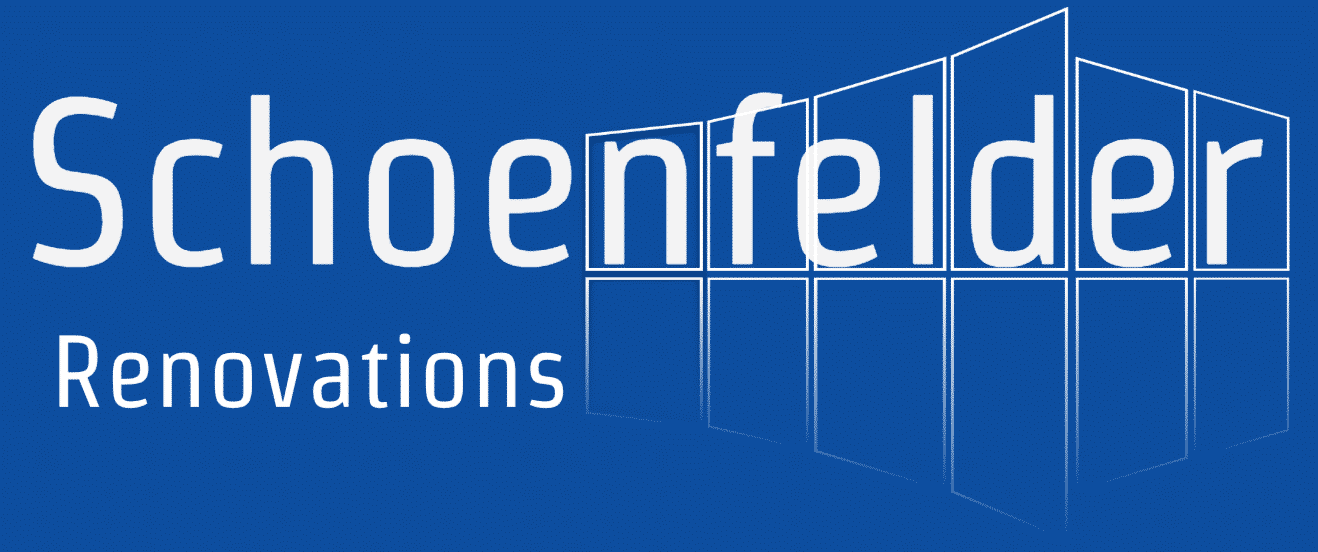Accepting Bids for a Project: How Not to Get Stuck With Overages
When accepting bids for a project, it’s important for owners to understand how the process works. Schoenfelder Renovations is the trustworthy general contractor who has your best interests at heart. Contact us to request a bid at (952) 345-2900.
A Typical Bidding Process
The Bid
The X Hotel needs a renovation done and is accepting bids from various competing companies. Company A submits a Cost Plus Bid with a job cost of $1.5M, profit of 5 percent above the cost to build, and a $25,000 administrative fee.
The However
It appears to be a good price, but let’s look at it more closely..
The Problem
The problem with bidding like this is that the reason the owner wanted a bid was to determine how much that contractor would charge for a specific project within a specific scope.
Cost–Plus Bids Put the Financial Onus on the Owner, Not the Contractor
Owners are partial to cost-plus bidding because the costs appear very low and the specifications and prints do not have to be very refined. What owners do not realize, however, is that they remain 100 percent responsible for the job costs even if the contractor’s estimate was inaccurate. In other words, a Cost Plus bid does not require the general contractor to be responsible for the job costs.

- Per our above example, if the job costs inflate, the contractor still gets paid 5 percent over the total costs, even if they do a poor job.
- Company A does not have to spend time figuring specific costs and obtaining low bids. They only submitted an estimate for the job costs; they actually benefit if the sub-contract bids come in higher.
- The contractor is rewarded by using expensive sub-contractors. To make matters worse, contractors compete on who can offer the lowest fee even though the cost is not determined. This leads to even less investment in the bidding process.
A Typical Bidding Scenario
Now let’s say that the actual subcontract bids came in at $2M instead of the stated $1.5M in the bid. The contractor would still get 5 percent on top of that, plus his $25,000 fee. Suddenly it doesn’t appear like such a good deal. If the owners can’t afford $2.1M, then the general contractor is happy to substitute cheaper materials or reduce the size of the project to get back on budget. This burden is borne by the owner; the contractor does not care either way.
Fixed-Price Bidding Makes the Contractor Fiscally Responsible

Schoenfelder Renovations does our bidding differently.
- When we are building a bid, we research our costs for all labor and materials.
- We obtain either actual bids or use historical financials from past projects.
- When we submit a bid, we are responsible for completing the job for that fixed price. We are responsible for any mistakes we make.
- This type of bidding requires better specifications from the owner, but then shifts the burden of risk to the contractor.
We prefer Fixed-Price Bidding because it more clearly allocates the risk to the parties most able to control it. Many contractors do not like it because they have to invest much more time into a bid to ensure it is accurate. Owners also have to invest the time to define precise specifications. Contractors then compete in proving the lowest final fixed price.
Which Type of Bid Do You Want?
When deciding what type of bid you want, ask yourself: Who should be responsible for the accuracy of the bid and controlling costs? If you want to make the contractor responsible, then choose a fixed-price contract.
Schoenfelder Renovations prides itself on being able to provide the right price, the right resume, and the right amount of attention to every project we take on. We strive to foster a partnership of trust and reliability that starts with the project and doesn’t end when the project ends. We offer our services nationwide including EIFS/Stucco, sealants, windows and doors, siding, flooring, roofing, painting, and restoration. We specialize in hotels, multi-housing, senior living communities, and retail. Contact us to request a bid at (952) 345-2900.

